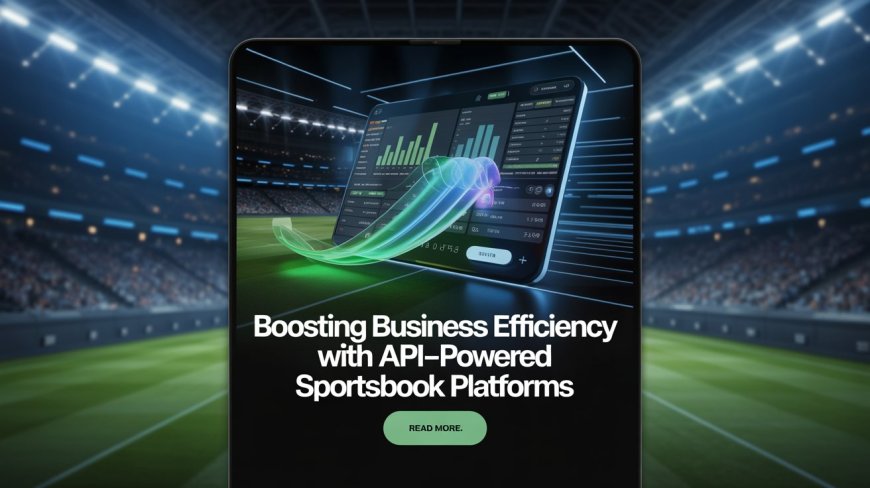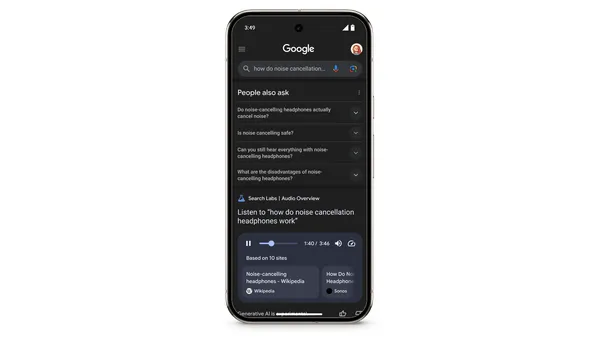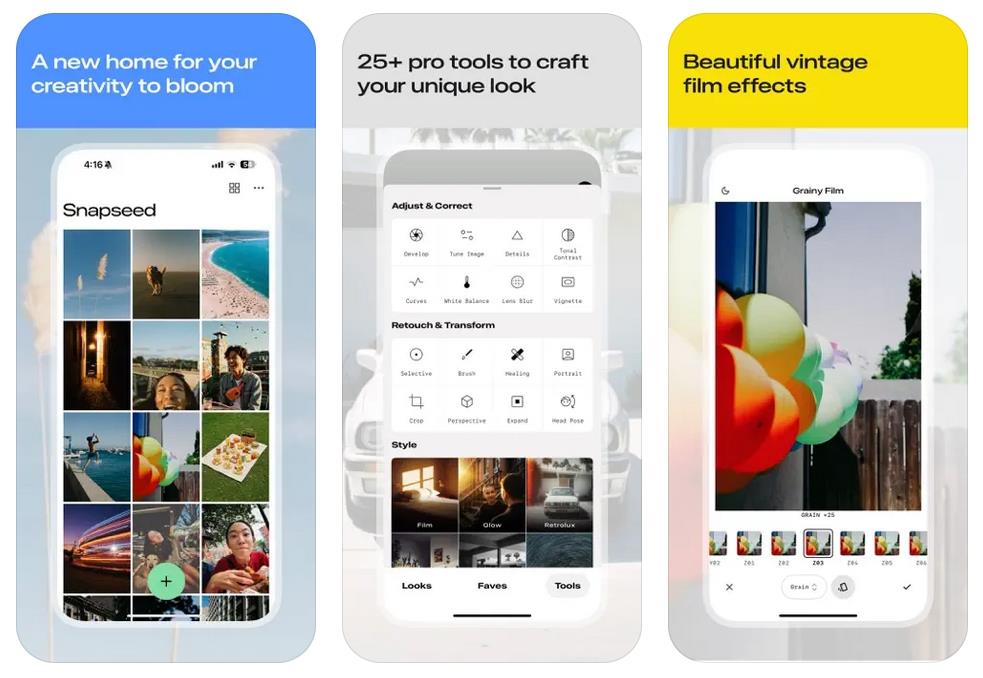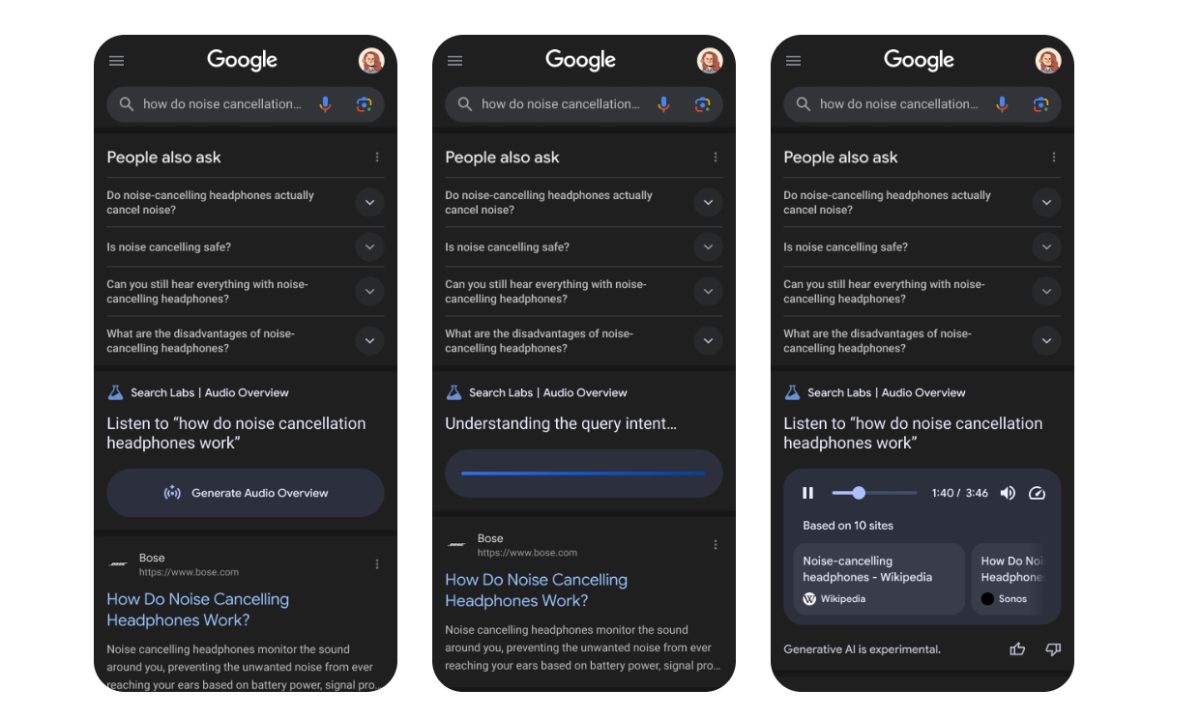How API-Driven Sportsbook Platforms Boost Business Efficiency
Learn how API-driven sportsbook platforms enhance business efficiency through faster integration, real-time data, and scalable operations for better performance.

API-driven sportsbook platforms are a game-changer in this arena. By using APIs, a Sportsbook Software Provider can connect data feeds, betting engines, payment processors, identity verification, analytics tools, and more — all through efficient, real-time interfaces. Here’s how integrating APIs transforms operations, cuts costs, and accelerates growth for sportsbook operators.
Faster Time to Market
One of the biggest hurdles in launching a sportsbook is stitching together a functional platform from scratch—odds data feeds, risk management, front-end UI, wallet integration, and compliance. With a trusted Sportsbook Software Provider, APIs deliver plug‑and‑play components. Instead of building each piece, operators can tap into existing services—sports data, wagering engines, payment gateways—via API calls. The result? What used to take months can launch in weeks. That speed helps operators capture demand early, especially around major events like the FIFA World Cup or IPL.
Streamlined Data Integration
Sportsbooks need real-time data: live scores, player statistics, in‑play odds, market shifts. APIs are the backbone of reliable data delivery. They connect the betting engine to:
-
Live feed providers offering tick‑by‑tick updates
-
Analytics platforms for predictive modeling
-
Risk‑management dashboards showing exposure in real time
By hooking all of this via API, operators don’t need manual updates or batch scripts. It enables automated, consistent data flow and helps staff focus on business decisions rather than firefighting data gaps.
Operational Efficiency & Cost Savings
Maintaining separate systems for data ingestion, fraud detection, payment processing, KYC, and CRM is complicated and expensive. APIs allow sportsbooks to offload these needs onto specialized providers. For example:
-
sports betting API provider handles all live market and odds data
-
Another API tackles anti‑fraud and KYC
-
Payment wallets are managed by a PCI‑compliant payment API
Each of these providers maintains and upgrades services constantly, so operators don’t incur infrastructure or development costs. This modular system means resources are focused on growth, not maintaining backend plumbing.
Enhanced User Experience
User satisfaction drives retention and revenue. Using APIs, sportsbook platforms can stitch together slick front-ends, responsive bet slip UI, instant deposits and withdrawals, and personalized promotions.
Integrating with a best sports betting software provider via API gives access to smooth ledger systems and dynamic customer offers. Coupled with ultra-fast data feeds and secure wallet APIs, users enjoy instant responses and feel confident their information and money are safe.
Scalability & Flexibility
As betting volume grows or new markets open, traditional platforms hit bottlenecks. In contrast, API-driven designs are elastic. Each service—whether it’s processing bets, fetching data, or executing payments—can scale independently.
For example, during high-traffic matches, the API for odds data can be autoscaled without affecting payment or KYC modules. That resilience helps maintain uptime and preserves user trust.
Easy Integration of Third‑Party Tools
Sportsbooks thrive on partnerships—affiliate networks, analytics platforms, streaming services, promotional tools. APIs make it easy to integrate these external systems into your sportsbook ecosystem.
A best sportsbook software provider gives clean endpoints to plugin:
-
Live video streaming APIs for embedded match viewing
-
CRM or marketing automation APIs for segmented offers
-
Affiliate-tracking APIs for partner revenue sharing
These integrations improve user engagement and open new revenue lines.
Improved Compliance & Risk Control
Regulatory demands—age verification, AML checks, responsible gaming—require robust compliance. APIs from identity verification services, fraud detectors, and age-detection utilities help implement these workflows quickly.
Combine this with risk-management APIs that monitor betting patterns and enforce limits in real time, and you reduce regulatory fines and flag suspicious activity early. Operational efficiency here directly translates into safer and more sustainable growth.
Data‑Driven Insights with Analytics APIs
Sportsbook operators live and die by analytics—predicting churn, optimizing bet offers, fine-tuning marketing spend. With APIs, custom dashboards using BI tools can draw consolidated data from:
-
Betting history
-
Live market data
-
Customer behavior
-
Wallet transactions
Sportsbooks using such integrated analytics become smarter, more proactive, and more profitable.
Global Market Access
Every market has its own payment systems, compliance norms, and languages. Integrating regional APIs makes localization simpler. You can support multiple currencies, wallets, local betting customs, and fraud rules based on user location.
By leveraging global sports betting API providers, operators avoid building each regional feature in-house, reducing compliance risk and speeding expansion.
Continuous Innovation & Updates
Self‑developed systems can quickly grow outdated. With API-first platforms, services are continuously maintained by providers. When new features—like faster KYC, new bet types, or AI‑powered odd models—are released, sportsbooks can enable them via API version upgrades.
Working with the sports betting API Integration approach ensures operators stay ahead with minimal internal effort.
Use Case Example: In‑Play Betting
In-play betting (bets made during games) demands split-second updates and fast transaction handling. Here’s how APIs power it:
-
Live score API pushes game events
-
Odds API adjusts markets
-
Risk API ensures exposure is controlled
-
Bet submission API records wagers instantly
-
Wallet API processes payment
Coordinating all five via API ensures bets can be placed within seconds of a goal or free kick. That timing is unachievable with monolithic, slow systems.
Security & Reliability
Each module can be designed, tested, and hosted securely. APIs encourage the use of microservices, where a breach in the payment ledger won’t bring down the data feed or user interface. Providers often meet regulatory security standards (ISO, PCI DSS, GDPR), adding safeguards without extra effort.
Developer Experience & Integrator Simplicity
APIs come with documentation, SDKs, libraries, sandbox environments, and support. Integrating with a sports betting API provider is rarely guesswork; developers can test endpoints, handle errors, and simulate volumes before going live. That clarity means fewer bugs, faster launch, and easier maintenance.
Partnerships & Ecosystem Growth
API ecosystems thrive on third-party innovation. For instance, independent developers can write new bet types or analytic models that plug into your sportsbook. As operator, you can onboard these tools, expand your offering, and strengthen your ecosystem with zero internal development.
Cost Management & ROI
API‑driven architecture supports a pay‑as‑you‑go model. You only pay for data calls, identities verified, transactions processed. Combined with reduced in-house development and hosting, your cost per active user falls. ROI becomes measurable, and scaling is profitable.
How to Get Started
To build or migrate to an API‑driven sportsbook platform with confidence:
-
Map your core services – Identify the APIs you need (odds, bets, payments, risk, KYC, streaming).
-
Evaluate providers – Look for uptime, SLAs, latency, SDK quality, compliance.
-
Prototype end‑to‑end flow – From odds retrieval to bet placement to payout, even in a sandbox.
-
Plan regional roll‑out – Introduce country-specific payment and compliance APIs.
-
Monitor continuously – Track API response times, error rates, load patterns and enforce fallback strategies.
-
Scale intentionally – Add new markets, bet types, data sources without rewriting the core system.
Working with the right sports betting software provider gives your business agility and a competitive edge.
Conclusion
In today’s competitive landscape, sportsbook businesses can’t afford rigidity or slow launches. API-driven platforms offer flexibility, efficiency, and rapid market entry. From accelerated integrations and automated data pipelines to lower costs and faster updates, every piece of your operation—from betting slips to backend security—is optimized for success. As demand for real-time experiences and reliable infrastructure grows, choosing a modular, API-first architecture positions your sportsbook to thrive. When you partner with the best sportsbook software provider, you’re not just launching software — you’re building a dynamic, future-proof betting ecosystem.
Frequently Asked Questions
Q: What is sportsbook API integration, and why is it important?
It’s the process of connecting sportsbook modules (data feed, odds, payment, bets) through APIs. This integration provides fast updates, reliable transactions, and simplified growth across markets.
Q: How do APIs improve bet settlement times?
APIs enable instant data delivery and payment execution. As soon as a result is confirmed, backend APIs settle bets immediately, avoiding manual reconciliation.
Q: Can I mix-and-match API providers?
Yes—in fact, modular systems benefit from combining best-of-breed services (one provider for data, another for risk, etc.). Just ensure compatibility and unified monitoring.
Q: Is development harder with APIs?
Not at all. Most providers offer REST/GraphQL documentation, SDKs, and sandbox environments, which make development smoother and safer than monolithic systems.















































































































































































![[The AI Show Episode 152]: ChatGPT Connectors, AI-Human Relationships, New AI Job Data, OpenAI Court-Ordered to Keep ChatGPT Logs & WPP’s Large Marketing Model](https://www.marketingaiinstitute.com/hubfs/ep%20152%20cover.png)



































































































































































































































































_Alexander-Yakimov_Alamy.jpg?width=1280&auto=webp&quality=80&disable=upscale#)
_Zoonar_GmbH_Alamy.jpg?width=1280&auto=webp&quality=80&disable=upscale#)

































































































![Meta AI app ‘a privacy disaster’ as chats unknowingly made public [U: Warning added]](https://i0.wp.com/9to5mac.com/wp-content/uploads/sites/6/2025/06/Meta-AI-app-a-privacy-disaster-as-chats-inadvertently-made-public.jpg?resize=1200%2C628&quality=82&strip=all&ssl=1)

![OnePlus Pad Lite officially teased just as its specs leak [Gallery]](https://i0.wp.com/9to5google.com/wp-content/uploads/sites/4/2025/06/oneplus-nord-pad-lite-lineup-1.jpg?resize=1200%2C628&quality=82&strip=all&ssl=1)














![AirPods Pro 3 Not Launching Until 2026 [Pu]](https://www.iclarified.com/images/news/97620/97620/97620-640.jpg)
![Apple Releases First Beta of iOS 18.6 and iPadOS 18.6 to Developers [Download]](https://www.iclarified.com/images/news/97626/97626/97626-640.jpg)
![Apple Seeds watchOS 11.6 Beta to Developers [Download]](https://www.iclarified.com/images/news/97627/97627/97627-640.jpg)
![Apple Seeds tvOS 18.6 Beta to Developers [Download]](https://www.iclarified.com/images/news/97628/97628/97628-640.jpg)

















































![Nothing Phone (3) may debut with a "flagship" chip – just not the flagship-est one [UPDATED]](https://m-cdn.phonearena.com/images/article/171412-two/Nothing-Phone-3-may-debut-with-a-flagship-chip--just-not-the-flagship-est-one-UPDATED.jpg?#)














